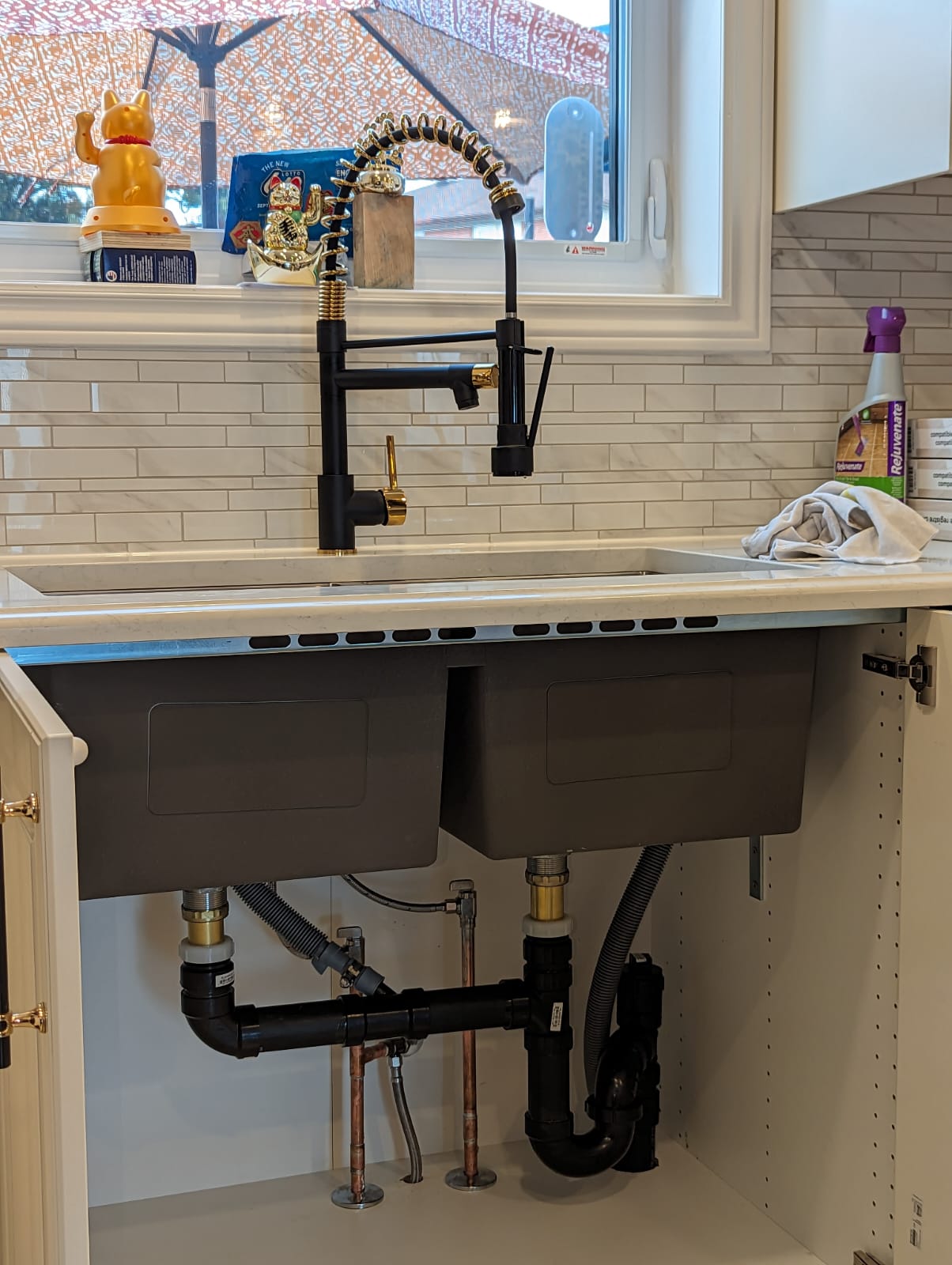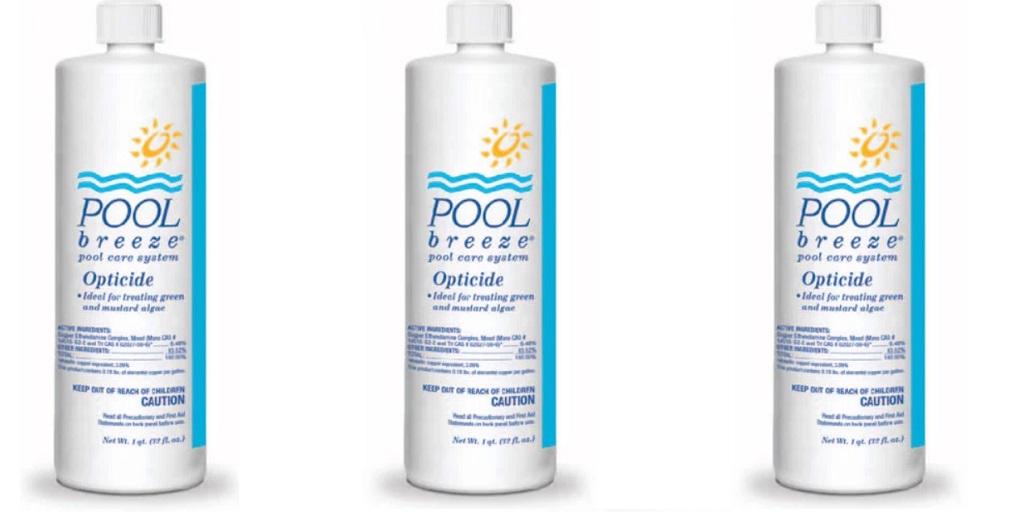Backwater Valve: Protecting Your Home from Backflow
A backwater valve is a critical addition to your plumbing system, especially if you live in an area prone to heavy rain or flooding. This device prevents wastewater and sewage from flowing back into your home during severe weather conditions or when sewer systems are overloaded. Understanding its benefits and installation process can help you protect your property from potential water damage and costly repairs.
Understanding How a Backwater Valve Works
A backwater valve is designed to allow wastewater to exit your home while preventing any backflow from entering. During heavy rains or blockages in the municipal sewer system, wastewater can flow in the opposite direction and enter your plumbing. This valve acts as a one-way gate, ensuring that wastewater from the city sewer doesn’t enter your home.
Preventing Sewer Backups
Sewer backups can cause extensive damage and pose serious health risks. By preventing backflow, a backwater valve safeguards your home from contamination and water damage, ensuring a safe environment.
How the Valve Operates
When the flow of water is normal, the valve remains open, allowing water to flow out. If backflow pressure is detected, the valve closes, stopping wastewater from entering. This automatic operation makes it highly effective in protecting homes without needing manual intervention.
Common Situations that Trigger Backflow
Heavy rainfall, sewer blockages, or surges in the municipal sewer system can create pressure that leads to backflow. Homes located in lower areas or those connected to old sewer lines are particularly vulnerable to such issues.
Types of Backwater Valves Available
Several types of backwater valves are available, each with its specific features. Understanding these types can help you select the right one for your home based on factors like property layout, plumbing system design, and local weather patterns.
Benefits of Installing a Backwater Valve
Adding a backwater valve to your home’s plumbing system has numerous benefits. Besides peace of mind, it can protect you from costly repairs and help maintain a safe living environment.
Protecting Property and Finances
The cost of repairing water damage and addressing mold growth can be significant. A backwater valve reduces the risk of such issues, potentially saving you thousands in repair costs over time.
- Reduces Damage to Furnishings and Structure
Sewer backups can damage flooring, furniture, walls, and other valuable items. With a backwater valve, you minimize the chances of such costly damage. - Lowers Insurance Premiums
Many insurance providers recognize the value of backwater valves and may offer discounts on premiums for homes with this protective feature. - Improves Resale Value
Potential buyers appreciate homes with safety measures in place. A backwater valve can make your property more appealing, especially in regions where flooding is common.
Enhances Health and Safety
Sewage backups contain harmful bacteria and toxins. Preventing these contaminants from entering your home helps protect the health of everyone in the household.
- Minimizes Health Risks
Raw sewage can expose you to dangerous pathogens. By blocking sewer water, a backwater valve reduces the risk of illness. - Reduces Mold Growth
Flooding from sewer backups creates damp conditions ideal for mold growth. Preventing backflow can help maintain a healthier indoor environment.
Low Maintenance Requirements
Backwater valves are durable and require minimal maintenance. An occasional inspection by a professional is usually enough to ensure optimal operation.
Choosing a Professional for Installation
Installation of a backwater valve is complex and should be handled by a licensed plumber. An expert will ensure the valve is placed at the right point in the system and connected properly to prevent potential malfunctions.
- Check Licensing and Experience
Ensure the plumber has experience with backwater valves and understands local plumbing codes and regulations. - Request Detailed Estimates
Obtain a written estimate covering all costs, including labor, materials, and any potential additional fees.
The Installation Process
- Excavation and Valve Placement
Installing the valve requires digging around the main sewer pipe. This is done carefully to avoid damaging other parts of the plumbing system. - Testing and Final Adjustments
After installation, the plumber will test the valve to ensure it works correctly and make any necessary adjustments for optimal performance.
Costs and Considerations
The cost of installing a backwater valve varies based on factors like property size and location. Some municipalities offer financial assistance or rebates to help cover installation costs, so check with your local government.
Maintaining Your Backwater Valve
Maintenance is minimal but essential. Homeowners should regularly inspect the valve for signs of wear and consider professional maintenance annually.
FAQs
What is a backwater valve, and why do I need one?
A backwater valve is a device installed in your plumbing to prevent wastewater from flowing back into your home. It’s essential for preventing sewer backups, which can cause significant property damage and health risks.
How often should I check my backwater valve?
An annual inspection is recommended. This ensures the valve functions properly and allows for any necessary cleaning or adjustments.
Can I install a backwater valve myself?
While some homeowners might attempt a DIY installation, it’s best to hire a licensed plumber. Improper installation can lead to malfunctions, defeating the purpose of the valve.
Will installing a backwater valve lower my insurance costs?
In some cases, yes. Many insurance providers recognize backwater valves as a preventive measure and may reduce premiums for homes that have them installed.
Conclusion
Installing a backwater valve is a smart decision for homeowners who want to protect their properties from sewer backups. By preventing backflow, this device provides peace of mind and minimizes the risk of costly damage, health hazards, and extensive cleanup. When installed by a professional and maintained annually, a backwater valve can offer years of reliable protection, making it a valuable investment for homes in flood-prone areas or older sewer systems. Prioritize this addition to safeguard your property and ensure a safe, resilient plumbing system.




